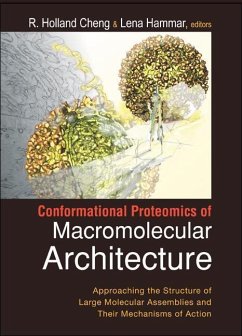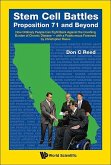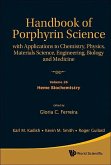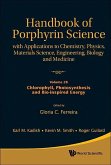Biological processes involving large macromolecular assemblies are thought to be a dynamic consequence of cooperativity and metastability. The folding of a peptide chain creates local environments from which "activity" can emerge. In the same way, the assembly of large molecular complexes creates dynamic features that would only be feasible in a large construct. The biological implications of such adaptation will be explored as it applies to the static quasisymmetry situations, as well as to the dynamics of structural transitions. The current wealth of solved high-resolution complex structures makes this an appropriate time to summarize the state of the art in structural dynamics of living architectures. With contributions by leading scientists in the fields of virology, bacterial flagellum, cytoskeleton, ribosome and giant enzymes, this important book presents cutting-edge knowledge in the various fields of structural proteomics of very large molecular assemblies, with focus on their mechanisms of action.








